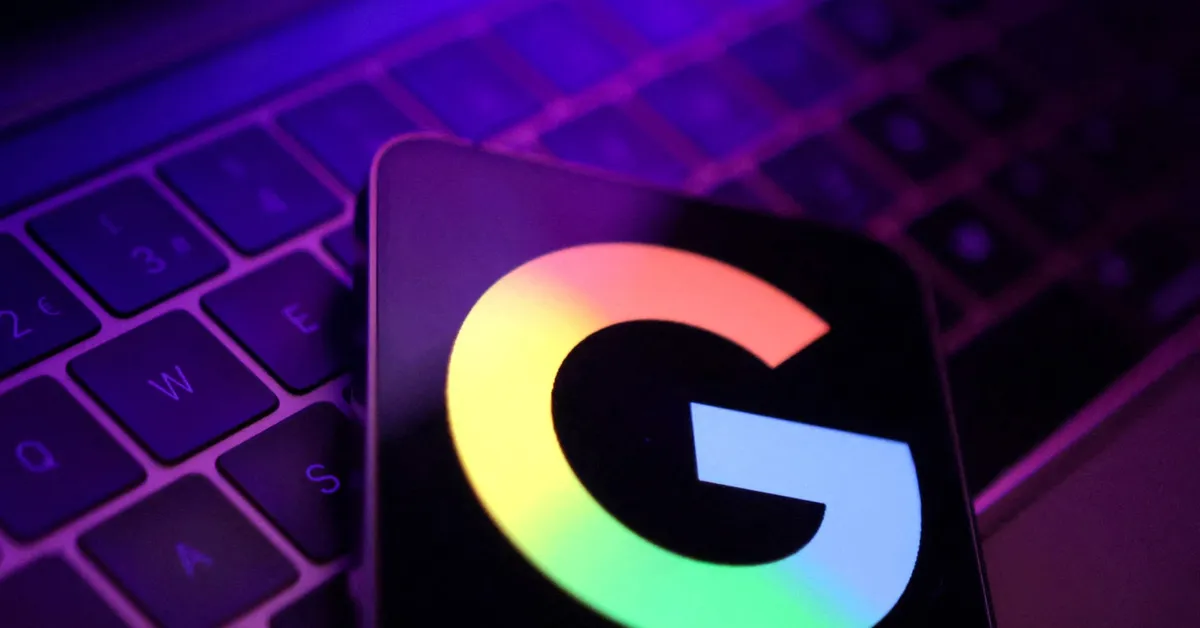
The U.S. Supreme Court has recently denied Google’s request to temporarily freeze critical aspects of the injunction won by Epic Games in a significant lawsuit. This legal battle centers around allegations that Google has been monopolizing the access to applications on Android devices and controlling payment transactions within these apps.
The legal conflict began in 2020 when Epic Games, the creator of the popular game Fortnite, filed a lawsuit against Google. The case gained traction in July 2023 when a federal appeals court upheld a sweeping order against Google, affirming the lower court's decision made by U.S. District Judge James Donato.
Judge Donato's injunction mandates that Google must allow users to download competing app stores directly from its Play Store. Additionally, it requires Google to make its app catalog accessible to these competitors. Although these provisions are set to take effect in July 2026, another crucial aspect of the injunction is that developers will soon be able to incorporate external links within their apps, enabling users to bypass Google's billing system. This part of the injunction is expected to be implemented later this month.
Following the Supreme Court's decision, Google expressed disappointment but affirmed its commitment to continuing the appeal process. The tech giant claims that the order poses risks to its reputation and raises safety and security concerns. Google emphasizes that the changes could significantly disrupt the experience of over 100 million U.S. Android users and impact around 500,000 developers.
In a statement on social media platform X, Epic Games CEO Tim Sweeney highlighted the implications of the injunction, stating that app developers will soon have the legal right to direct Google Play users to alternative payment options without incurring additional fees. Epic argues that Google’s control over Android devices is unjustified and relies on flawed security claims to maintain its dominance.
Google has indicated that it plans to file a comprehensive appeal to the Supreme Court by October 27, which may allow the justices to consider the case during their current nine-month term that commenced recently. The ongoing legal battles are not isolated, as Google faces multiple lawsuits from various government and consumer groups challenging its search and advertising business practices.
The outcome of this case could have far-reaching implications for the mobile app ecosystem, potentially reshaping how developers and consumers interact with platforms like Google Play. As the situation develops, it remains crucial for stakeholders in the tech industry to stay informed about the evolving legal landscape surrounding app distribution and payment systems.